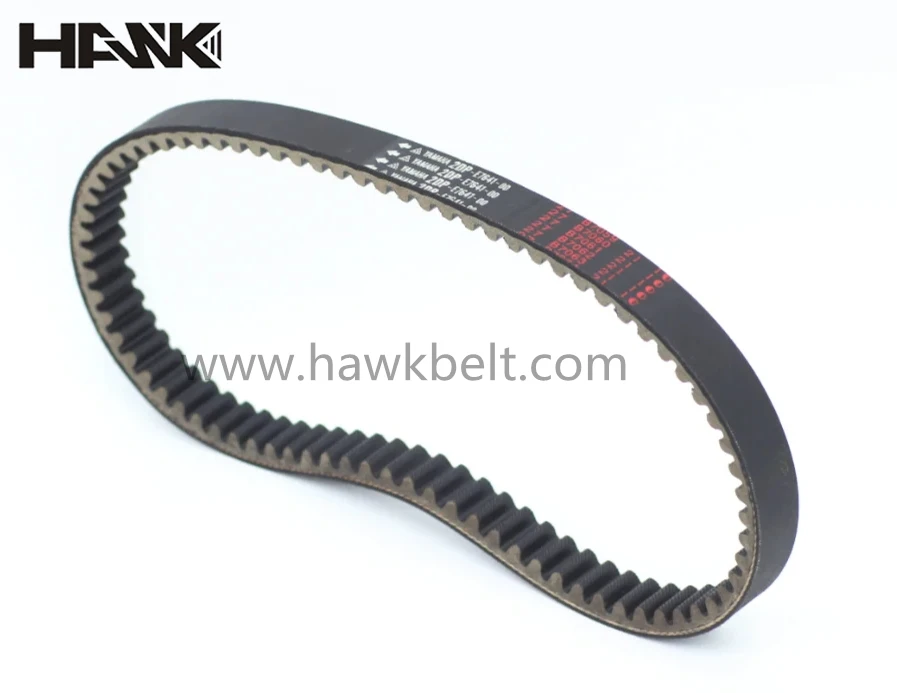- Arabic
- French
- Russian
- Spanish
- Portuguese
- Turkish
- Armenian
- English
- Albanian
- Amharic
- Azerbaijani
- Basque
- Belarusian
- Bengali
- Bosnian
- Bulgarian
- Catalan
- Cebuano
- Corsican
- Croatian
- Czech
- Danish
- Dutch
- Afrikaans
- Esperanto
- Estonian
- Finnish
- Frisian
- Galician
- Georgian
- German
- Greek
- Gujarati
- Haitian Creole
- hausa
- hawaiian
- Hebrew
- Hindi
- Miao
- Hungarian
- Icelandic
- igbo
- Indonesian
- irish
- Italian
- Japanese
- Javanese
- Kannada
- kazakh
- Khmer
- Rwandese
- Korean
- Kurdish
- Kyrgyz
- Lao
- Latin
- Latvian
- Lithuanian
- Luxembourgish
- Macedonian
- Malgashi
- Malay
- Malayalam
- Maltese
- Maori
- Marathi
- Mongolian
- Myanmar
- Nepali
- Norwegian
- Norwegian
- Occitan
- Pashto
- Persian
- Polish
- Punjabi
- Romanian
- Samoan
- Scottish Gaelic
- Serbian
- Sesotho
- Shona
- Sindhi
- Sinhala
- Slovak
- Slovenian
- Somali
- Sundanese
- Swahili
- Swedish
- Tagalog
- Tajik
- Tamil
- Tatar
- Telugu
- Thai
- Turkmen
- Ukrainian
- Urdu
- Uighur
- Uzbek
- Vietnamese
- Welsh
- Bantu
- Yiddish
- Yoruba
- Zulu
តុលា . 21, 2024 14:11 Back to list
Choosing the Right Timing Belt for Your Nissan Vehicle Maintenance Needs
Understanding Timing Belts for Nissan Vehicles
Timing belts are a crucial component of a vehicle's engine, particularly in Nissan models. They play a vital role in synchronizing the rotation of the crankshaft and camshaft, ensuring that the engine's valves open and close at the correct times during each cylinder's intake and exhaust strokes. A well-maintained timing belt can significantly impact the overall performance and longevity of your Nissan vehicle.
The Importance of Timing Belts
For Nissan vehicles, the timing belt serves not only to keep the engine running smoothly but also to prevent damage to engine components. If a timing belt fails, it can lead to catastrophic engine damage, often resulting in costly repairs. Most Nissan models feature an interference engine design, meaning that if the timing belt breaks, the pistons may collide with the valves, causing severe damage.
Recommended Replacement Intervals
Nissan recommends that timing belts be replaced every 60,000 to 105,000 miles, depending on the specific model and year. It's essential to consult your owner's manual for the exact replacement interval for your vehicle. Factors such as driving conditions, maintenance history, and climate can influence how often the timing belt should be changed. For example, vehicles that are frequently driven in extreme conditions or used for towing may require more frequent replacements.
Signs of Timing Belt Wear
Knowing the signs of an aging timing belt can help you take action before it leads to failure. Some common symptoms of a worn timing belt include
1. Engine Misfiring A slipping timing belt can cause the engine to misfire as the synchronization between the crankshaft and camshaft is disrupted. 2. Unusual Engine Noise If you hear a high-pitched whining or screeching noise coming from the engine compartment, it could indicate a worn timing belt or a misaligned tensioner.
timing belt for nissan

4. Warning Lights Dashboard warning lights may illuminate to indicate engine issues, which could include timing belt problems.
If you notice any of these signs, it's crucial to have your Nissan inspected by a qualified mechanic as soon as possible.
Choosing the Right Timing Belt
When replacing your Nissan's timing belt, it's vital to choose a high-quality component that meets or exceeds OEM (Original Equipment Manufacturer) standards. Using a subpar timing belt can result in premature failure, compromising engine performance and safety. Look for timing belts made from durable materials and consider OEM parts or reputable aftermarket brands.
The Replacement Process
Replacing a timing belt typically involves removing several engine components, including the engine covers, pulleys, and other parts obstructing access to the belt. It's a complex process that requires a good understanding of the engine's working, so it's often best left to professional mechanics. During the replacement, it’s advisable to also replace the water pump, tensioners, and pulleys to ensure the longevity and reliability of your engine.
Conclusion
A well-maintained timing belt is essential for the health of your Nissan’s engine. Being proactive about timing belt replacement can save you from potentially costly repairs down the line. Make sure to pay attention to the signs of wear, adhere to the recommended replacement intervals, and choose quality components to keep your Nissan running smoothly. Regular maintenance not only enhances performance but also ensures the longevity of your vehicle, allowing you to enjoy the drive for years to come.
-
Korean Auto Parts Timing Belt 24312-37500 For Hyundai/Kia
NewsMar.07,2025
-
7PK2300 90916-T2024 RIBBED BELT POLY V BELT PK BELT
NewsMar.07,2025
-
Chinese Auto Belt Factory 310-2M-22 For BMW/Mercedes-Benz
NewsMar.07,2025
-
Chinese Auto Belt Factory 310-2M-22 For BMW/Mercedes-Benz
NewsMar.07,2025
-
90916-02660 PK Belt 6PK1680 For Toyota
NewsMar.07,2025
-
drive belt serpentine belt
NewsMar.07,2025

